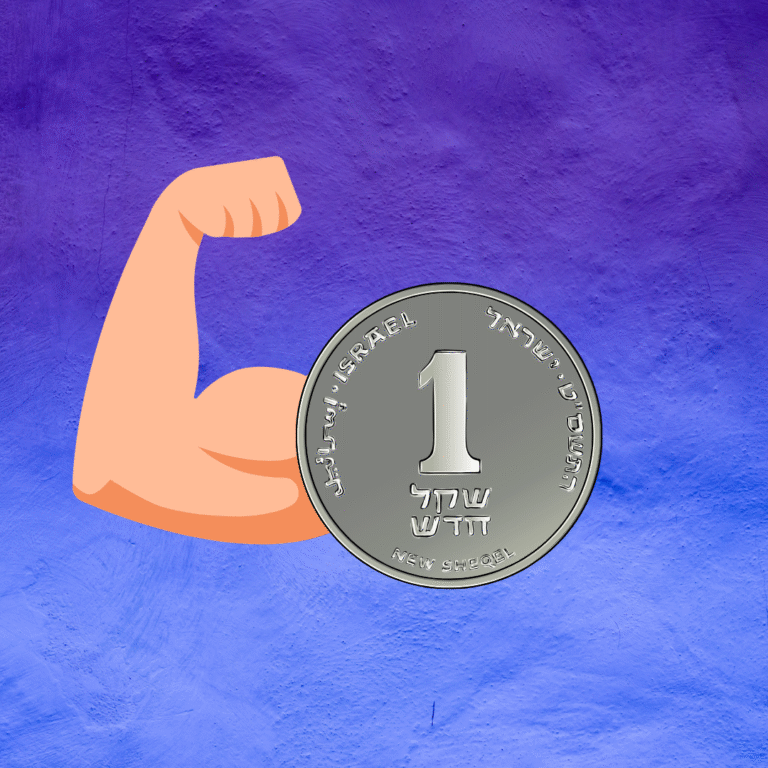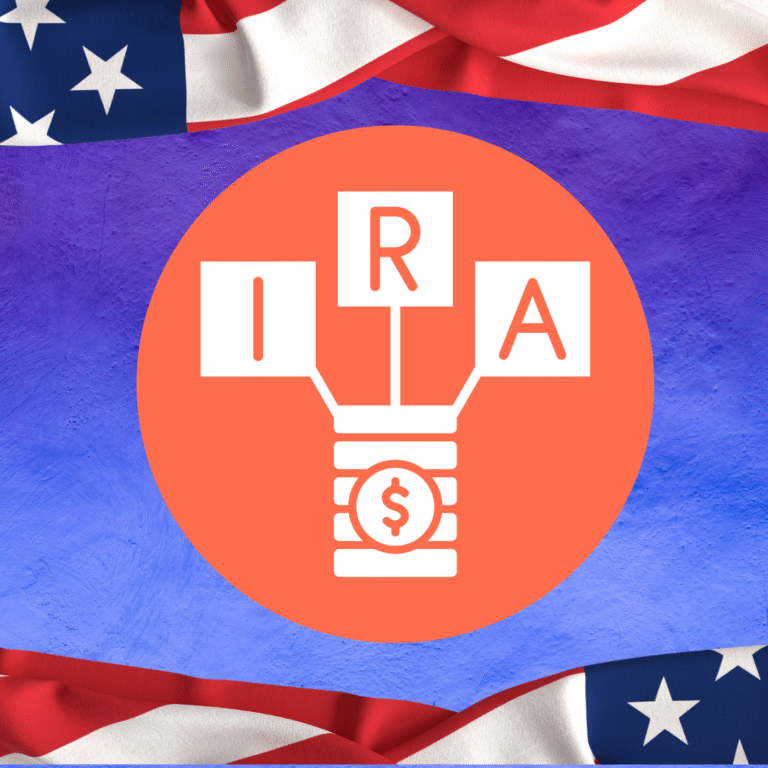

Dear fellow practitioners, CPAs, attorneys, and other professionals, Welcome to the seventeenth edition of our “Dreidel” newsletter about planning and investment issues of US citizens living overseas.
This month, Mike Reed talks about about Roth IRA conversions, and whether or not they are worth your time.
With law changes over 15 years ago eliminating the income limit on Roth conversions, they have become the golden child of tax planning strategies.
On the surface this premise is appealing: why not take pretax money in an IRA or retirement plan and convert it a Roth IRA, with tax-free distributions after age 59.5 (assuming the Roth IRA is at least five years old).
However, the devil is in the details, and the catch is that the amount converted now is considered income and is subject to state and federal tax.
It is unfortunate that many in the financial and social media make it sound like everyone should be converting as much as they can to a Roth; because as with most things in personal finance, every situation is different.
Consider this: If you are already in the highest bracket (or close to it), any money that is converted to a Roth is going to be taxed at that highest marginal rate! Do you think you may be in that high of a bracket in retirement? If the answer is no, then does it make sense to prepay tax at a higher rate in order to not have to pay at a lower rate later?
And there’s more to the story! Are you on Medicare? A large Roth Conversion is going to push you into a higher tax bracket and possibly increase your Medicare Part B premiums.
Yet another factor to consider is additional income may come in throughout the year, perhaps in the form of a bonus. This again could push someone into an unexpected higher bracket after a conversion. Since a conversion can no longer be re-characterized, good planning may be essential.
For US-expats who are retired overseas or considering it, Roth distributions may not be tax free. For example, in Israel it is unclear how the local tax authority will treat distributions from a Roth IRA. This means that one could end up paying taxes twice: once upon the initial conversion, and again when one tries to take the money out. Talk about a nasty surprise!
Of course every situation is unique. For example, if one is planning is to leave assets to heirs in the US, then Roth conversions could make sense, since the funds would be left to the heirs to use tax free. That is why it may be essential to work with a financial planner and CPA who understands the tax laws in both countries, and of your unique situation.
Bottom line? Don’t let social media or your nosy neighbor convince you that Roth conversions are a one-size-fits-all silver bullet. They can be powerful — or painfully costly — depending on your unique circumstances. That is why it may be essential to work with a financial planner and CPA who understands the tax laws in both countries, and of your unique situation.
A little smart planning now could save you — or your heirs — a fortune later.





